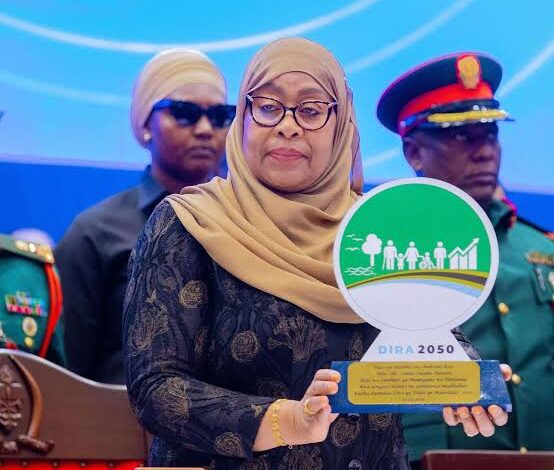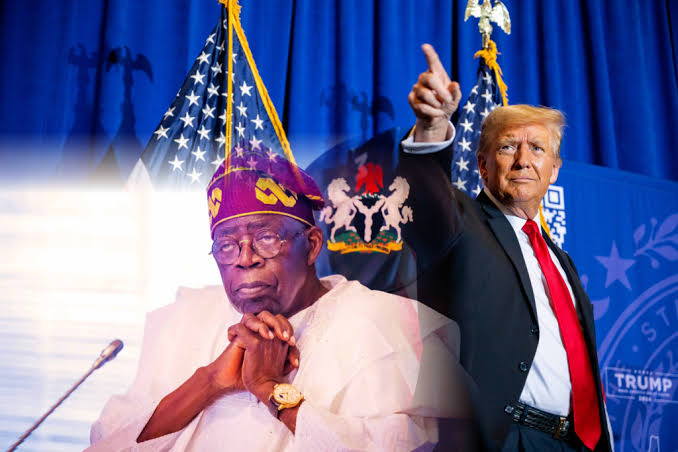
Faith Nyasuguta
A growing number of Nigerian citizens are facing sudden and unexplained visa revocations, leaving professionals, entrepreneurs, students, and families stranded despite holding valid U.S. travel documents. What was once a straightforward journey across the Atlantic has turned into an ordeal of canceled plans, financial losses, and public humiliation, as the U.S. Embassy in Nigeria quietly annuls visas under murky regulations.
The wave of cancellations was first brought to light by Olufemi Soneye, former Chief Corporate Communications Officer of Nigeria’s national oil company, the NNPC Ltd. Writing in The Cable, Soneye described a disturbing pattern of Nigerians receiving abrupt notices that their visas had been revoked. Many of the affected had held these visas for years and traveled frequently without incident. Suddenly, their mobility has been stripped away with little to no explanation.
“Each had to abruptly cancel engagements, refund tickets, and explain to partners abroad why they could no longer show up,” Soneye explained. “In some cases, the humiliation has been unbearable: travelers discovering at the airport, sometimes even at boarding gates, that their visas had been quietly invalidated. A few were briefly detained by immigration authorities before being sent home in shame.”
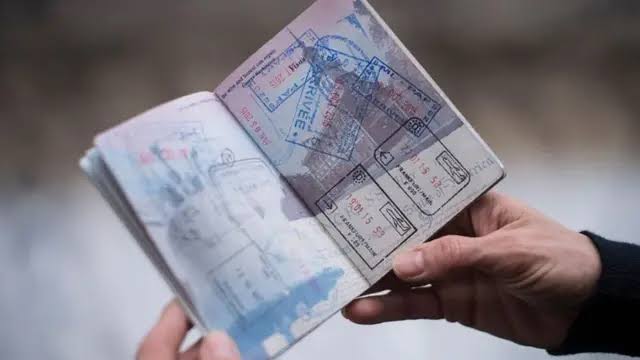
The revocation letters reference Title 22, Code of Federal Regulations, Section 41.122, citing only that “new information became available after the visa was issued.” Beyond this vague line, no evidence is provided, no opportunity for appeal is granted, and no further details are disclosed. Recipients are told merely that they may reapply – a costly, time-consuming, and uncertain process for people who had already invested in business trips, education plans, or family reunions.
The timing has sparked questions about broader U.S. immigration policy. Under President Donald Trump, Washington recently rolled out tighter entry restrictions targeting several African countries, citing security and immigration risks. Nigeria, Africa’s most populous nation and one of its strongest economies, appears increasingly ensnared in these measures. While American officials have not directly tied the sudden visa cancellations to this shift, the pattern suggests a hardening of entry controls for African nationals.
The silence from both Washington and Abuja has left affected Nigerians in limbo. Neither the U.S. Embassy in Abuja nor Nigeria’s Ministry of Foreign Affairs has provided public clarity on the issue. For those impacted, the lack of transparency feels like betrayal. Many insist they have never overstayed visas, violated rules, or posed security threats. To them, the cancellations look less like routine enforcement and more like a targeted policy shift operating behind closed doors.
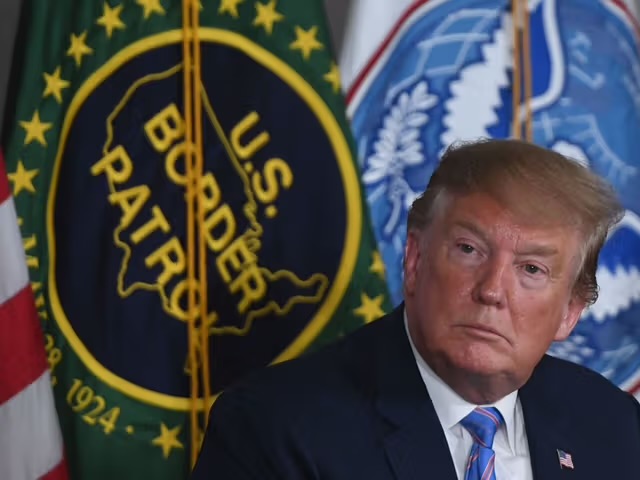
“For many, this is not just about stamps on a passport,” Soneye argued. “These visas are lifelines for education, family reunions, medical treatment, and critical business. To have them snatched away without explanation is to leave lives suspended in confusion and despair.”
The implications go far beyond individual inconveniences. Entrepreneurs lose access to U.S. markets and investors. Students face uncertainty about whether they can pursue studies abroad. Families miss reunions with loved ones. Corporate executives in Nigeria’s vital oil, gas, and technology industries, all heavily reliant on U.S. ties, risk missing crucial meetings and partnerships.
In the absence of official communication, speculation is filling the gap. Some observers view the cancellations as fallout from shifting U.S. – Africa relations under Trump. Others suggest bureaucratic overreach or intensified, unannounced security screening procedures. Whatever the cause, the lack of transparency has shaken confidence among Nigeria’s globally connected professional class.
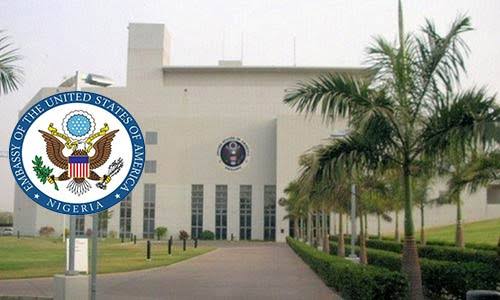
Every revoked visa tells a story of lost opportunities, financial strain, and personal embarrassment. With thousands potentially affected, the situation showcases the fragility of international mobility when politics, policy shifts, and opaque decision-making collide. Until authorities in Washington or Abuja offer clear answers, Nigerian visa holders remain in the shadows – stranded, confused, and holding documents that no longer guarantee them entry to the United States.
RELATED:






